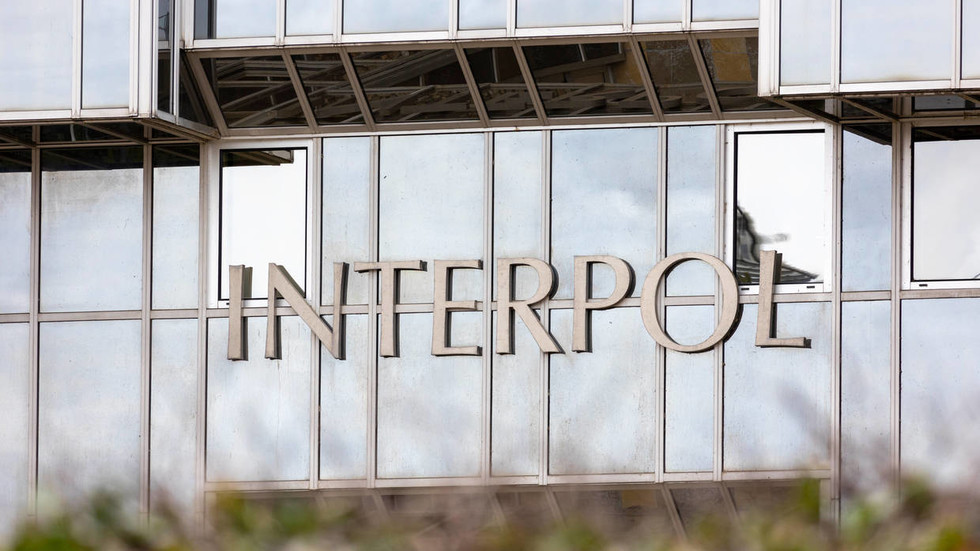
‘Unfriendly’ nations are trying to expel Russia from the international police cooperation body, its head of the national bureau has said

FILE PHOTO. © Global Look Press / IMAGO / Dirk Sattler
Some Interpol members have been plotting to remove Russia from the international police cooperation body for political reasons, the head of Russia’s National Central Bureau of Interpol, Major General of the Police Valery Kalachev, told TASS on Thursday.
When Moscow launched its military campaign in Ukraine, a “group of nations” started to plan its exclusion, the general claimed, adding that this procedure is not even envisioned by the organization’s charter. “We are aware that some behind-the-scenes debates are still continuing in several unfriendly nations,” he said, adding that these actions go against Interpol’s rules.
“Interpol is a … purely professional police organization,” Kalachev explained, adding that Article 3 of its charter “strictly prohibits [it] from interfering in or engaging in any activities of a political, military, religious or racial nature.”
So far, Moscow has successfully resisted any pressure within the organization and managed to “keep a high level of cooperation with its foreign partners,” the general assured. Kalachev admitted, however, that the EU was increasingly reluctant to work with Russia in this regard since the start of the conflict between Moscow and Kiev.

Read more
“EU nations refused to hand over a total of around 100 criminals in 2022 and 2023,” he revealed, adding that Poland is the least cooperative nation in this regard, as it alone turned down ten requests by the Russian Interpol bureau.
The general believes that such actions are primarily detrimental to the security and wellbeing of the EU nations themselves. “In defiance of common sense, they let our criminals stay on their [territory], putting their citizens at risk and placing an additional burden on their law enforcement agencies,” Kalachev said. The “short-sighted” political course of the elites in these nations “hurts their citizens’ interests, including economic and property ones,” he added.
Russia is actively cooperating with Interpol in fighting terrorism, organized crime, and drug trafficking, the head of the national bureau declared, and the organization sometimes remains the “only information sharing channel” for national law enforcement agencies amid the “difficult foreign policy situation.”
Moscow makes use of Interpol’s special notifications system to warn foreign law enforcement agencies in other countries about potentially dangerous individuals that might arrive while involved in terrorist activities.
Speaking on the 100th anniversary of the organization’s creation, Kalachev also called on the international police community to engage in “constructive” international dialogue and jointly combat threats ranging from terrorism to cybercrime.




